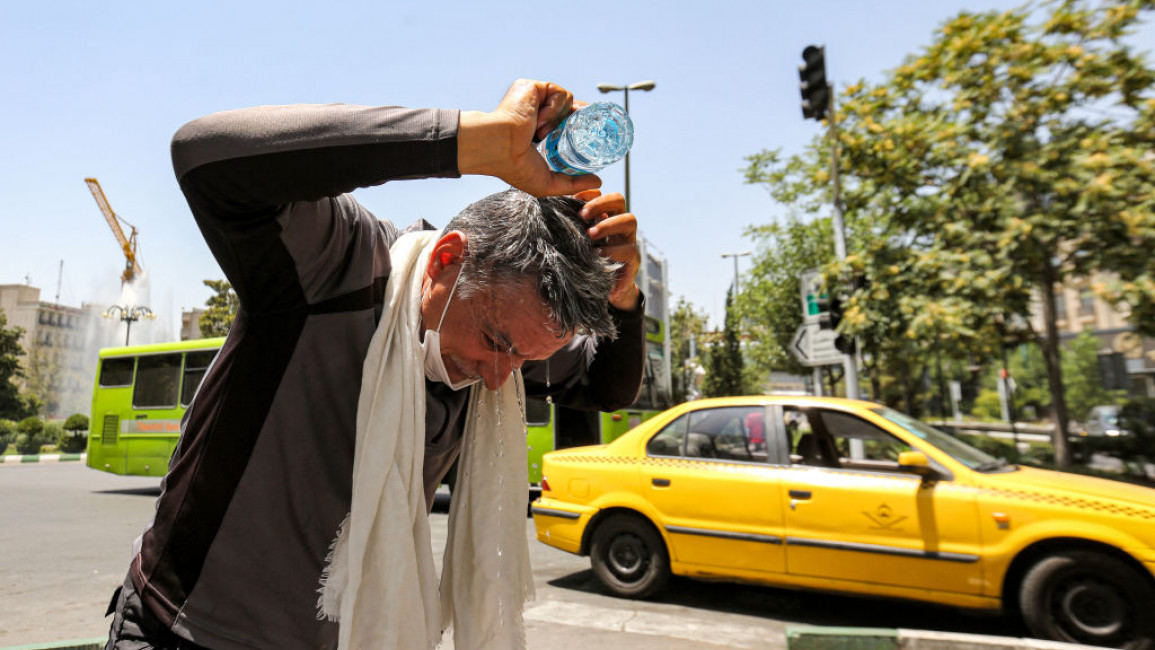MENA 'is world's most water-stressed region' as UN calls for drastic change in climate action
The population of the Middle East and North Africa region is the most vulnerable to water stress in the world, a global research group has found, as the United Nations urges more drastic climate action ahead of the COP28 climate summit.
Some 83% of the MENA region's population is exposed to water stress caused by climate change, followed by 74% in South Asia, according to statistics recently released by the World Resources Institute.
On Friday, the United Nations released its inaugural Global Stocktake report, which serves as the first-ever global evaluation of countries' progress since the 2015 Paris Agreement on tackling climate change.
The report found that while there has been widespread climate action, time to create a liveable and sustainable future is running out. The stocktake reiterated UN calls for immediate action to combat the climate crisis and a significant change in approach to the issue.
The report precedes the COP28 climate summit, scheduled to take place in the Emirati city of Dubai from 30 November to 12 December. At the summit, representatives from some 200 countries are to assess and find ways to improve their national efforts to fight climate change, based on the UN’s technical findings.
The global stocktake is meant to serve as a regular review mechanism to help speed up worldwide climate action and keep the world on course to control climate change and prevent related disasters.
"Today's global stocktake sets a clear course for meeting the Paris Agreement's expectations through decisive action in this crucial decade," said Sultan al-Jaber, president of this year's UN climate talks.
Al-Jaber – who is also the chief executive of UAE oil giant ADNOC – urged leaders from both public and private sectors to attend COP28 "with tangible and actionable commitments to tackle climate change."
Countries across the Middle East and North Africa have already been forced to begin tackling water stress and scarcity, which harms agriculture and tourism and poses serious health threats to the region's population.

![Bahrain [getty] Bahrain [getty]](/sites/default/files/styles/image_330x185/public/media/images/5F28B59A-942B-4B6A-A5A8-09D476D1E68D.jpg?h=d1cb525d&itok=NJNXWh5z)

